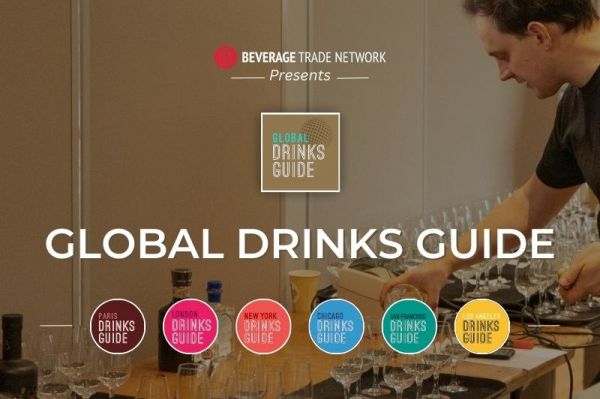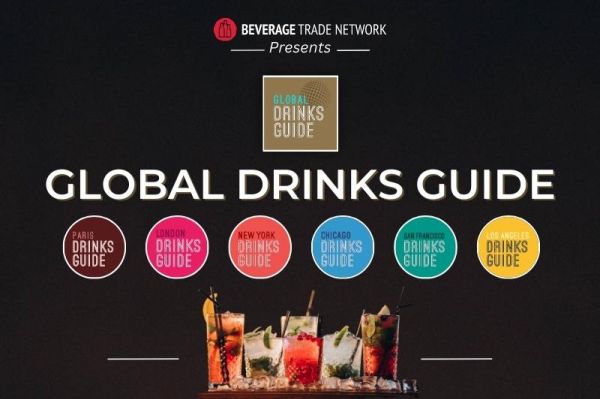Log in to your account
Lost password?Distribution
How Does A Distributor Perform Well In A Sales Negotiation With A Retail Customer
Importers and distributors notoriously come off second best in negotiations with their retail customers. Here’s some tips on how to balance things out.
29/06/2017

It takes two people to get anything done. Be it doing the tango, having a row, kiss and making up, and in our world, doing business. For importers and distributors sitting down for a sales negotiation with a retailer can feel like stepping into a boxing ring with the only glove. But it does not have to be that way. Here’s how.
1. Do your homework
There are seven points here to take on board, but really you could just repeat the first one seven times over. The biggest sin you can make going into sales negotiation with a retail buyer is to be under prepared. They will not forgive you and neither will your boss. So if you think you are prepared, then prepare some more. Cover all angles, however obscure and be prepared to be caught off your guard.
2. Don’t accept the first price
Now you don’t need to be a fan of Monty Python’s Life of Brian to know the importance of negotiation - or haggling as they called it. Both sides of the negotiation will have a figure in mind that they are happy to work to. If you don’t then make sure you have one before you sit down or you won’t know what you are negotiating for. And whatever you do, don’t accept the first price. There is always enough wiggle and negotiation room. Make sure you use it.
3. Customer is king
When working with a retailer the most important thing to remember is that for them the customer, their consumer is king. Everything they do should be about giving them the right product at the right price. It is up to you as a supplier to help them. Anything you can do to make that job easier, more efficient and profitable will make you extremely popular. Equally, anything you do that takes them away from pleasing their consumer will make you very unpopular. So it is vital you understand fully who the retailer’s consumer is and how you can help them serve them better.
4. Working in partnership
The perception is that all retailer and supplier negotiations are adversarial, but if you think about that rationally then retailers would have to be having thousands of unproductive meetings with suppliers every week of the year. In reality, they are looking to work with the best suppliers they can find. They want to build partnerships with them, where there is a genuine working relationship focused on reaching an agreed target. A preferred supplier really is worth their weight in gold.
5. Can you sell what you buy
It is one thing going to a retailer with what you think is a great portfolio of wines, it is quite another selling them to the buyer in question. How well do you really know your company’s wines? Why were they bought, which consumers did you have in mind for them, why are they at that price, what other labels or volumes of wine can they provide? This is all part of the preparation, the homework, and the research that you have to get right.
6. Hitting their targets.
You are not the only one with sales targets to meet. Your retail customer will probably be under even more pressure to hit their figures, their prices and their volumes. The more you can understand the pressures they are under and the overall strategy of that retail group, the better placed you will be to help them with your range.
7 Point of difference
Even if you get all these six points right, a retailer is still going to want that little bit extra. You might have the right wine at the right price, but then chances so do many of your competitors. This is your chance to excite and amaze them with something genuinely new and different. A reason for them to work with you rather than your peers. So think about the added value you can offer. It could be new data, consumer research, competitor analysis, a marketing or social media campaign or consumer offer. Just that little bit extra that makes you that little bit more special.
It takes two people to get anything done. Be it doing the tango, having a row, kiss and making up, and in our world, doing business. For importers and distributors sitting down for a sales negotiation with a retailer can feel like stepping into a boxing ring with the only glove. But it does not have to be that way. Here’s how.
1. Do your homework
There are seven points here to take on board, but really you could just repeat the first one seven times over. The biggest sin you can make going into sales negotiation with a retail buyer is to be under prepared. They will not forgive you and neither will your boss. So if you think you are prepared, then prepare some more. Cover all angles, however obscure and be prepared to be caught off your guard.

























